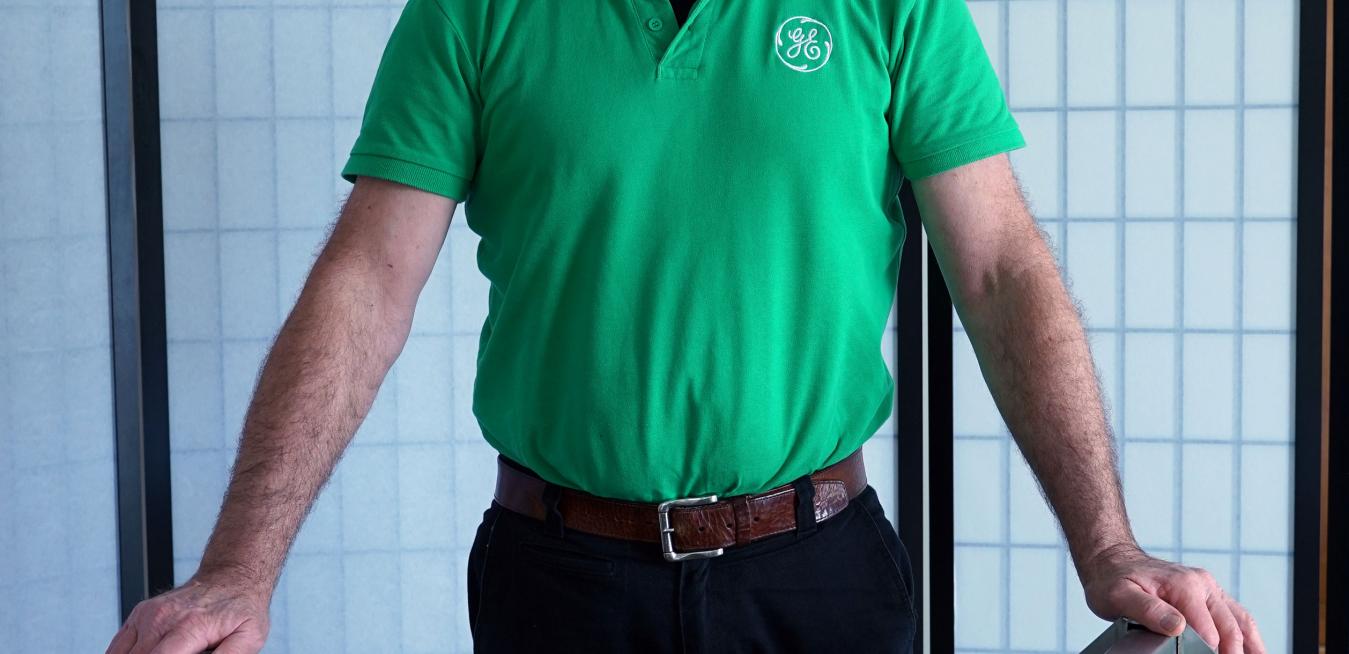Analysis
A Man Is Attempting To Lift A Crate


The man tells him that he sold the bomb to Olson, the arms dealer. A CIA hacker is able to penetrate Olson's computer and link him to Dressler. Racing against time as missile silos are opened and strategic bombers are launched, Ryan gets a policeman to drive him to the Pentagon.
And they’re curated with man-approved gifts that’ll take the pressure off gifting, once and for all. The gift crate from Man Crates, it's the stuff of legend: a gift that’s an experience and a keeper, all rolled into one. Crates + crowbars + curated man stuff = the best gift idea for guys, period. A man is attempting to lift a crate using a two part pulley system as shown in the image. The crate has mass m2 = 55 kg, and the man has m1 = 75 kg. He pulls downward on the rope with a force of magnitude F = 584 N. The pulleys are massless and frictionless.

A Man Is Attempting To Lift A Crate Using A Two Part Pulley System
Milkman’s journey, at first a greedy search for hiddentreasure, becomes a meaningful quest for self-understanding. AlthoughMilkman claims that gold is the ultimate goal of his journey, hismotives for the gold are less convincing than his desire to seekout his family history. His reasoning behind going to Virginia tofind Pilate’s gold is illogical. There is no evidence to suggestthat Pilate took the gold with her to Virginia or ever had it inher possession. While it could be argued that Milkman’s desire forgold blinds him to better judgment, it is also possible that Milkmanis purposefully trying to come up with a selfish reason to visitVirginia, because he cannot yet admit to himself that he is becominga new man and that his journey south is not motivated by greed.
A Man Is Attempting To Lift A Crate Using

In stepping out of his self-absorbtion Milkman finds thepath to personal fulfillment and independence from his father. Atthe Danville bus station, for instance, Milkman does something thatseems out of character. Whereas earlier, he humors Hagar and herlove only for sexual satisfaction, he now selflessly helps a manlift a crate. Furthermore, when his greedy tendencies arise, theyactually set Milkman apart from his father. Greed is an end in itselffor Macon Jr.: he is driven solely by the desire to accumulate profit.For Milkman, on the other hand, the gold offers the opportunityto escape the confines of privileged life. He wants it because itwould give him the freedom to break out of his father’s oppressiveenvironment and allow him to find his own road in life.
As Milkman’s quest progresses, the mythical world andthe world of reality blend together. Circe, uncannily similar tothe imaginary witch of Milkman’s childhood dreams, appears to himto be so wispy that he is unsure whether she is a mirage or a livingperson. Milkman leaves Circe convinced that she is a living, thoughancient, woman, but her airy, disheveled appearance, young woman’svoice, and ability to transform a stench of decay into a pleasantfragrance make us think that she must be some sort of supernaturalfigure, after all. Ultimately, Milkman’s encounter with Circe situateshis own quest within Circe’s mythic description of Macon Jr.’s and Pilate’searly years. Just as Milkman is unsure whether Circe is a livingwoman or a ghost, we wonder whether Milkman’s newly recovered pastis historically accurate or simply part of an old folk tale.
The decay of the Butlers’ mansion and the disintegrationof the Butler family represent the collapse of the old sharecroppingorder and values. Just as the manor crumbles into disrepair, sodid the Butlers fall from grace—dying alone and forgotten afterleading a life of luxury, their memory cursed by their neighbors.That their possessions were devoured by their own dogs is the ultimatehumiliation, as though their family trappings were nothing morethan worthless scraps. The Butler mansion also symbolizes the emptinessof possessing material goods. Like Macon Jr., the Butlers dedicatedtheir life to money, losing their humanity in the process. Afterlosing their ill-gotten wealth, the Butlers were unable to go onliving. They died not because they lacked food or clothing, butbecause they lacked money, the only good that nourished them.
Part II of Morrison’s novel is inspired by Homer’s ancientGreek epic the Odyssey. Much like the Odyssey, inwhich Odysseus makes his way home after twenty years of warringand traveling, Part II of Song of Solomon describesthe hero’s quest to come home. As we learn, even though Milkmanwas born and grew up in Michigan, his home lies elsewhere—in Pennsylvaniaand Virginia. Nevertheless, Milkman’s journey follows Odysseus’sand at times Morrison alerts us to this parallel with obvious references.In Homer’s epic, Circe is the enchantress who keeps Odysseus onher island for a year but then helps him on his journey home. Likewise,in Morrison’s novel, Circe points Milkman to Macon Dead I’s birthplaceand tells him his grandparents’ original names, thus helping Milkmanreach his ancestral home. Critic Sandra Adell gives an alternativeexplanation of Circe’s role in Song of Solomon. Sheoffers that Circe is also the ancient Greek goddess of the omphalos, ornavel. Consequently, argues Adell, Circe acts out her mythical role,her help serving as an umbilical cord that reconnects Milkman witha forgotten past.
